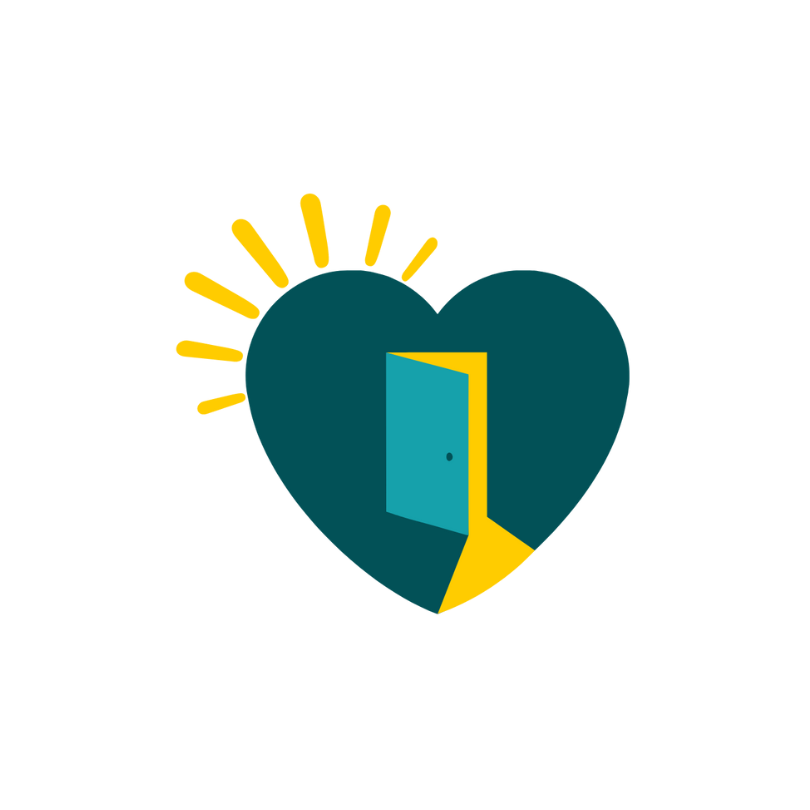
We’ve all heard someone casually say, “I’m so OCD!” because they like their desk organized or their closet color-coded. But Obsessive-Compulsive Disorder (OCD) is far more complex—and far more serious—than a preference for neatness. At Restoration & Wellness Counseling and Psychological Services, we believe that clarity, compassion, and proper education are essential for both recognizing and treating OCD.
What Is OCD?
Restoration & Wellness Practice Director, Griszel Long, characterizes Obsessive-Compulsive Disorder (OCD) as an “anxiety disorder marked by persistent, unwanted thoughts (obsessions) and repetitive behaviors (compulsions) that individuals feel driven to perform.”
OCD is defined by two key features:
- Obsessions: Unwanted, intrusive thoughts, images, or urges that cause significant anxiety or distress.
- Compulsions: Repetitive behaviors or mental acts that a person feels compelled to perform in order to reduce the anxiety associated with those obsessions.
These obsessions and compulsions are time-consuming, distressing, and can severely interfere with a person’s ability to function in daily life. Common themes include fears of contamination, needing things to feel “just right,” unwanted aggressive or taboo thoughts, and compulsive checking or counting rituals.
How Do You Know If You Have OCD?

Diagnosis isn’t based on a checklist of quirks or behaviors. Instead, a licensed mental health professional will conduct a comprehensive assessment to determine:
- Whether obsessions and/or compulsions are present.
- How much time they take up each day.
- The impact they have on relationships, work, and overall functioning.
- Whether they cause significant distress.
It’s important to note: many people experience intrusive thoughts or repetitive behaviors from time to time. That doesn’t necessarily mean they have OCD. What distinguishes OCD is the intensity, frequency, and impact of those experiences.
OCD Misinformation on Social Media: Why It Matters
In recent years, OCD—like ADHD and other mental health conditions—has become a popular topic on social media. While this visibility can help reduce stigma, it can also spread misinformation.
Here are some common misconceptions fueled by social platforms:
- “OCD is just about being clean or organized.” While cleanliness can be a theme, OCD encompasses a wide range of obsessions and compulsions that have nothing to do with tidiness.
- “Everyone’s a little OCD.” This phrase minimizes the very real distress that comes with the disorder. OCD is not a personality trait—it’s a diagnosable and treatable mental health condition.
- DIY diagnosis or “relatable” content. Self-diagnosis through social media posts can be misleading. Algorithms often favor bite-sized, emotionally charged content over nuance and clinical accuracy.
Getting the Right Help

If you or someone you love is struggling with obsessive thoughts or compulsive behaviors that interfere with daily life, it’s important to speak with a qualified mental health professional. At Restoration & Wellness, our experienced therapists provide thorough assessments and personalized treatment—including evidence-based therapies—to support individuals living with OCD.
You’re Not Alone
OCD is a serious condition—but it’s also highly treatable. At our offices in Fort Washington and Royersford, PA, we’re here to help you or your loved ones navigate the path to healing with compassion and clinical expertise. Ready to take the next step? Contact us to schedule an appointment or learn more about how we can support you.
Contributing Therapist:

Griszel Long, LCSW
Areas of Expertise Include:
Complex Trauma, Individual and Family/Systems work
“I have a genuine passion for the work I do. I have significant experience helping individuals and families address mental health challenges that come with simply being human.”

Explore how Restoration & Wellness therapists can support your journey toward mental well-being.
We offer free consultations so you can find the right therapist for you!
Schedule a Visit
-
What is OCD? It’s More Than Being “Neat”: Understanding the Reality Behind the Label
We’ve all heard someone casually say, “I’m so OCD!” because they like their desk organized or their closet color-coded. But…
Fort Washington Location
223 Summit Avenue
Fort Washington, PA 19034
United States
Royersford Location
830 Chestnut Street
Royersford, PA 19468
United States
Proudly powered by WordPress








